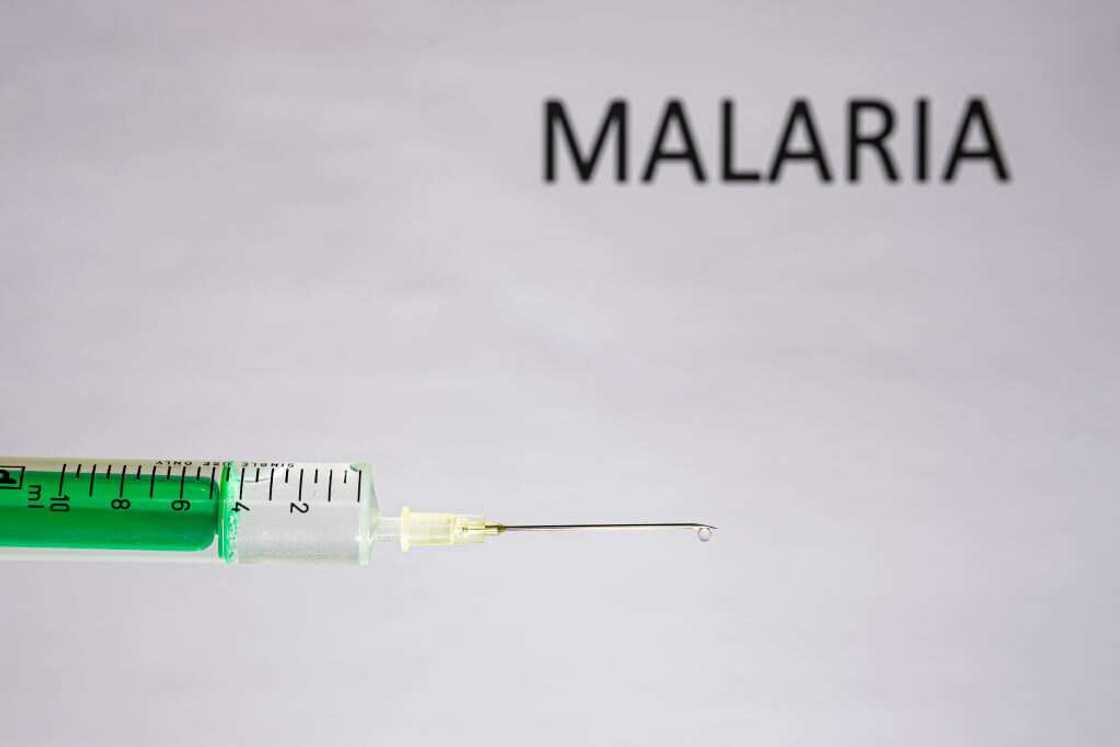List of 7 Important Things Nigerians Need to Know About Groundbreaking Malaria Vaccine
World Health Organisation (WHO) has recommended the use of the RTS, S/AS01 (RTS,S) malaria vaccine among children in sub-Saharan Africa and in other regions.
Dr Tedros Adhanom Ghebreyesus, WHO director general described the approval of the long-awaited malaria vaccine for children as a breakthrough for science.

Source: Getty Images
Legit.ng lists in this piece seven important things to know about the groundbreaking vaccine:
1. RTS,S/AS01 (RTS,S) is a vaccine that acts against Plasmodium falciparum, the deadliest malaria parasite globally and the most prevalent in Africa.
2. The malaria vaccine is recommended for children from the age of five months to around 18 months living in regions with moderate to high transmission.
PAY ATTENTION: Install our latest app for Android, read best news on Nigeria’s #1 news app
2. A 4-dose schedule is recommended, with the first 3 doses provided at approximately monthly intervals and the fourth dose a year later.
3. The vaccine prevented approximately 4 in 10 (39%) cases of malaria over 4 years of follow-up, and about 3 in 10 (29%) cases of severe malaria.
4. According to WHO, the side effects of the vaccine include pain and swelling at the injection site, and fever. But these side effects are similar to reactions observed with other vaccines administered to children.
5. GSK led the development of the vaccine over a 30-year period. GSK collaboratedwith PATH’s Malaria Vaccine Initiative (MVI) to continue developing RTS,S.
A 5-year Phase 3 efficacy and safety trial was conducted between 2009 and 2014 through a partnership that involved GSK, MVI (with support from the Bill & Melinda Gates Foundation), and a network of African research centres at 11 sites in 7 countries.
6. Vaccinations began in Malawi, Ghana, Kenya back in 2019.
7. RTS,S is designed to prevent the parasite from infecting the liver. It aims to trigger the immune system to defend against the first stages when the plasmodium falciparum malaria parasite enters the human host’s bloodstream through a mosquito bite and infects liver cells.
COVID-19: India considers exporting vaccine to Africa as pandemic hits harder
Meanwhile, India said it is considering exporting COVID-19 vaccines to other countries with a keen focus on Africa as the continent continues to face the tough reality of the deadly pandemic.
The Asian country, which is the biggest maker of vaccines overall in the world, had in April 2021 suspended the vaccine export in a move that the government said would allow adult Indians to get vaccinated as the infection figures exploded.
India sits behind the United States on the log of countries battling COVID-19 with 33,563,421 cases and 446,080 deaths as of Thursday, September 23.
Source: Legit.ng



